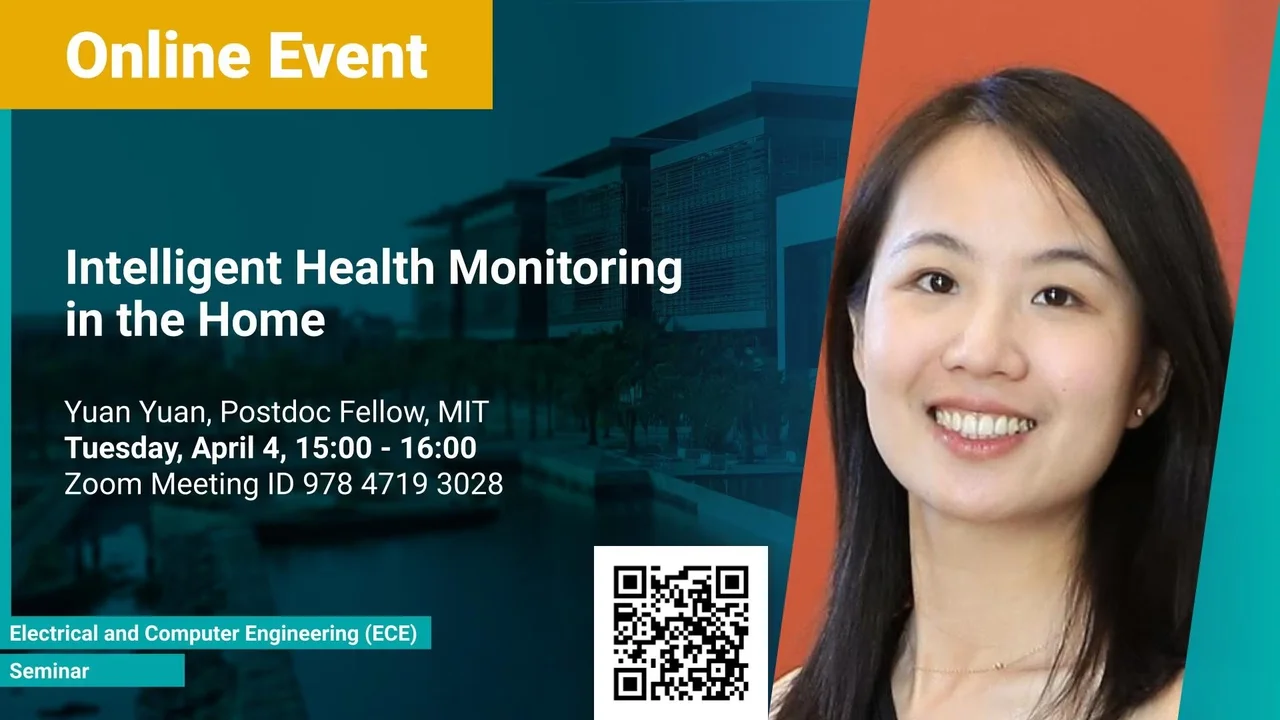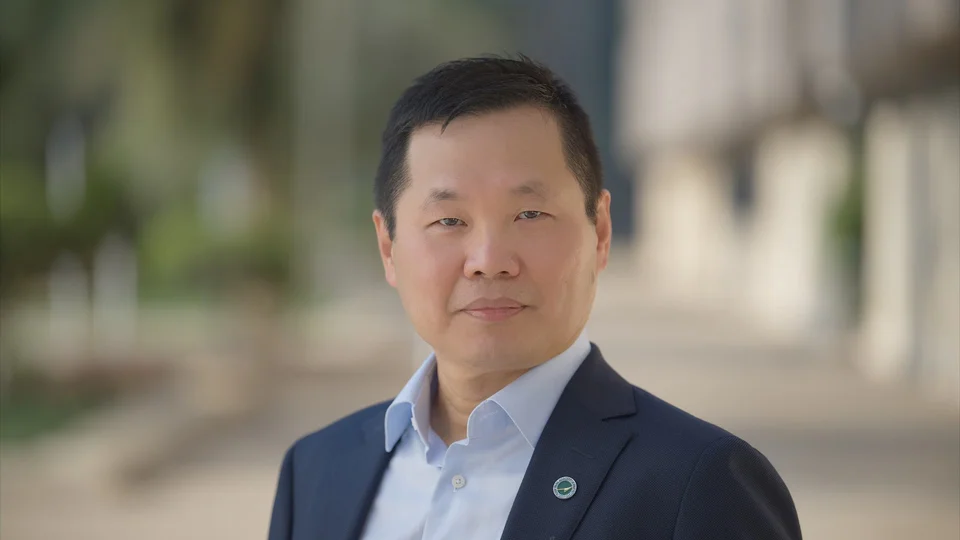
Intelligent Health Monitoring in the Home
- Yuan Yuan, Postdoc Fellow, MIT
KAUST
Delivering healthcare to patients in their homes is shaping the future of healthcare, as it offers better access to healthcare for people who live far from hospitals. It also facilitates the early detection of diseases and the prevention of complications that might otherwise require hospitalization, while simultaneously reducing costs for patients and healthcare systems. Nevertheless, the utilization of machine learning and health sensors for clinical purposes within the home environment requires addressing certain challenges, such as simplifying compliance procedures, ensuring that the digital representations of patients are comparable to the established medical gold standard, and preserving data privacy. In this talk, I will discuss how to develop new algorithms and models with health sensors to capture rich, continuous representations for in-home healthcare applications that address all these challenges.
Overview
Abstract
Delivering healthcare to patients in their homes is shaping the future of healthcare, as it offers better access to healthcare for people who live far from hospitals. It also facilitates the early detection of diseases and the prevention of complications that might otherwise require hospitalization, while simultaneously reducing costs for patients and healthcare systems. Nevertheless, the utilization of machine learning and health sensors for clinical purposes within the home environment requires addressing certain challenges, such as simplifying compliance procedures, ensuring that the digital representations of patients are comparable to the established medical gold standard, and preserving data privacy. In this talk, I will discuss how to develop new algorithms and models with health sensors to capture rich, continuous representations for in-home healthcare applications that address all these challenges. Firstly, I will introduce an AI-powered digital biomarker for Parkinson’s Disease that can detect the disease, estimate its severity, and longitudinally track its progression using nocturnal breathing data, objectively and sensitively. Secondly, I will introduce a technology that enables contactless monitoring of blood oxygen saturation in patients' homes using wireless signals. Finally, I will present a model designed to capture the daily-life activities of elderly individuals who may be experiencing conditions such as Alzheimer's or dementia. It enables clinicians and caregivers to remotely monitor health-related conditions, allowing them to provide care when needed.
Brief Biography
Yuan Yuan is a Postdoc Associate at the Computer Science & Artificial Intelligence Lab (CSAIL) of the Massachusetts Institute of Technology (MIT), and is also affiliated with Brigham and Women’s Hospital (BWH) at Harvard Medical School. She obtained her Ph.D. degree from the Hong Kong University of Science and Technology and has also been a visiting research scholar at the Robotics Institute of Carnegie Mellon University. Her research interests lie in the fields of machine learning, computer vision, and AI for healthcare, with a specific focus on contactless health monitoring and developing digital biomarkers for neurological diseases using machine learning. Her research has been widely covered in the media, including Forbes, The Washington Post, BBC, TechCrunch, Engadget, etc. Her work on an AI-powered biomarker for Parkinson's disease has been recognized as one of the ten breakthroughs and critical developments in Nature Medicine's Notable Advances 2022. Algorithms developed in her work are now being deployed in many hospitals and pharmaceutical companies, including BlueRock Therapeutics, in their clinical trials.
